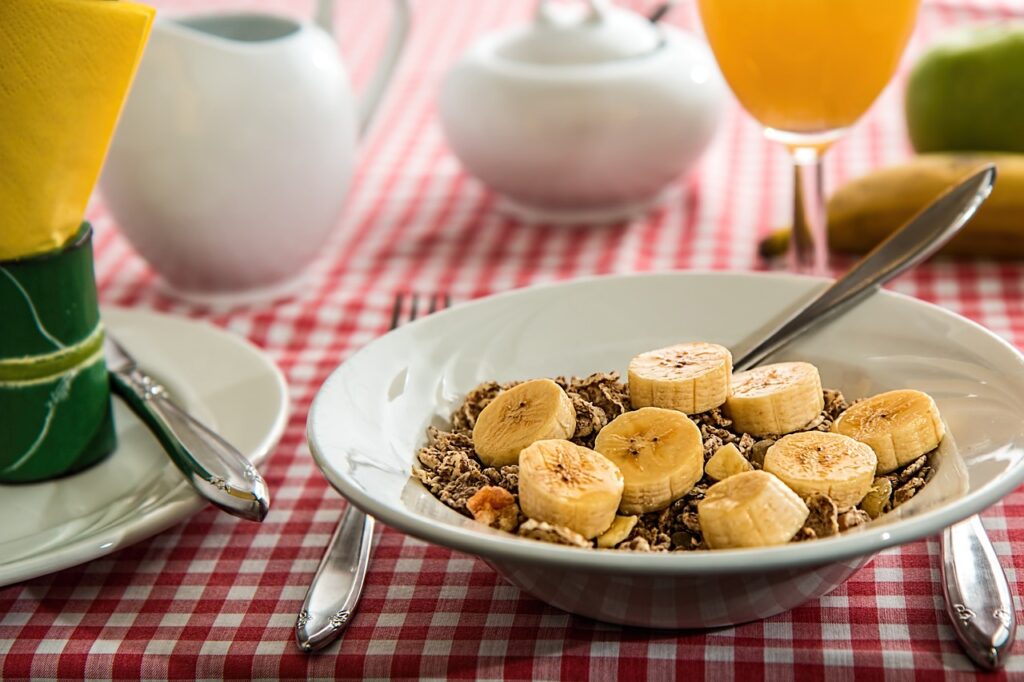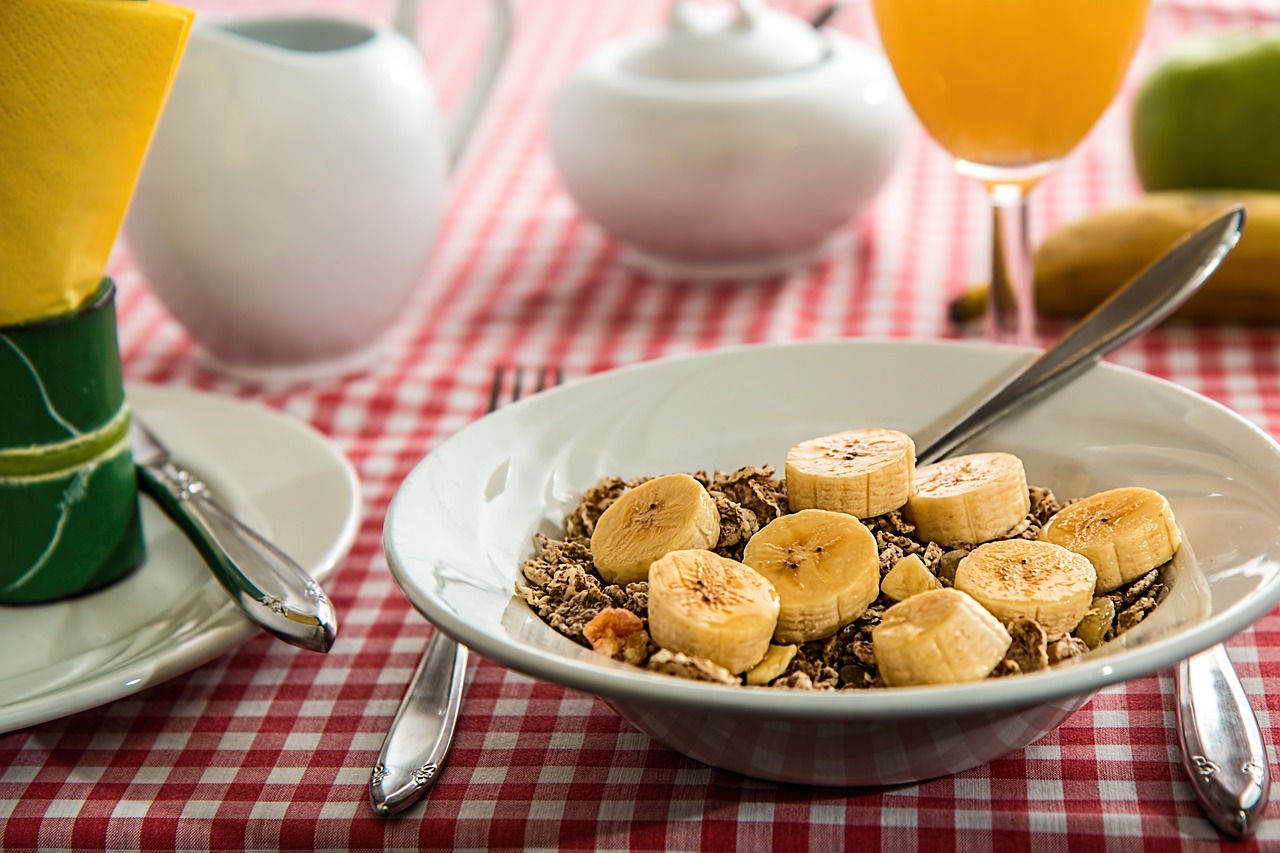
Introduction
The keto diet has taken the world by storm, promising significant weight loss and numerous health benefits. However, one aspect often overlooked is fiber intake. Fiber is crucial for digestive health, yet it’s challenging to get enough when following a low-carb, high-fat keto diet. Enter fiber supplements – an effective solution to bridge the gap. But what exactly are the benefits of fiber supplements on a keto diet? Let’s dive in and find out.
The Role of Fiber in Our Diet
Fiber is a type of carbohydrate that our bodies cannot digest. It plays a vital role in maintaining a healthy digestive system, preventing constipation, and regulating blood sugar levels. There are two types of fiber: soluble and insoluble. Soluble fiber dissolves in water and helps to lower blood cholesterol and glucose levels, while insoluble fiber adds bulk to the stool and aids in passing food through the digestive system more efficiently.
Understanding the Keto Diet
The ketogenic diet, or keto diet, is a low-carb, high-fat diet that shifts the body’s metabolism away from carbs and towards fat and ketones for energy. This metabolic state, known as ketosis, can lead to rapid weight loss and numerous health benefits, including improved mental clarity, increased energy levels, and reduced inflammation.
Why Fiber is Often Lacking in Keto
One of the primary challenges of the keto diet is maintaining adequate fiber intake. Many high-fiber foods, such as fruits, whole grains, and legumes, are also high in carbs, making them unsuitable for keto. As a result, individuals on a keto diet often find themselves lacking in fiber, which can lead to digestive issues and other health problems.
Types of Fiber Supplements

Fiber supplements come in various forms, each with its unique benefits. Some of the most common types include:
- Psyllium Husk: A soluble fiber that helps with digestion and maintaining healthy blood sugar levels.
- Inulin: A type of soluble fiber that promotes the growth of beneficial gut bacteria.
- Methylcellulose: A semi-synthetic fiber that helps to alleviate constipation.
- Glucomannan: A soluble fiber known for its weight loss benefits and ability to control blood sugar levels.
How Fiber Supplements Benefit Keto Followers

Fiber supplements can be a game-changer for those following a keto diet. Here are some of the key benefits:
Improved Digestive Health
One of the most immediate benefits of fiber supplements is improved digestive health. Fiber helps to keep the digestive system running smoothly by adding bulk to the stool and promoting regular bowel movements. This can prevent constipation, a common issue for those on a keto diet.
Enhanced Satiety and Weight Management
Fiber supplements can also aid in weight management by increasing feelings of fullness and reducing overall calorie intake. Soluble fibers, in particular, form a gel-like substance in the stomach that slows down digestion, helping you feel fuller for longer. This can be especially beneficial for those on a keto diet, as it helps to control hunger and prevent overeating.
Better Blood Sugar Control
Maintaining stable blood sugar levels is crucial for overall health, and fiber supplements can help with this. Soluble fibers slow down the absorption of sugar, leading to more stable blood glucose levels. This is particularly beneficial for those on a keto diet, as it helps to prevent blood sugar spikes and crashes.
Reduced Risk of Heart Disease
Fiber supplements can also contribute to a healthier heart. Soluble fibers help to lower cholesterol levels by binding to cholesterol in the digestive system and preventing its absorption into the bloodstream. This can reduce the risk of heart disease, which is an important consideration for anyone, including those on a keto diet.
Boosted Nutrient Absorption
Another surprising benefit of fiber supplements is their ability to enhance nutrient absorption. By promoting a healthy digestive system and improving gut health, fiber can help the body absorb more nutrients from the food you eat. This can be particularly beneficial on a keto diet, where nutrient-dense foods are key to maintaining overall health.
Tips for Incorporating Fiber Supplements
Incorporating fiber supplements into your keto diet is relatively straightforward. Here are some tips to help you get started:
- Start Slowly: Introduce fiber supplements gradually to give your body time to adjust and avoid potential digestive discomfort.
- Stay Hydrated: Drink plenty of water when taking fiber supplements to help them work effectively and prevent constipation.
- Choose the Right Type: Select a fiber supplement that suits your needs and preferences, whether it’s psyllium husk, inulin, or another type.
- Mix with Food or Beverages: Incorporate fiber supplements into your meals or beverages for easy consumption and added benefits.
Potential Side Effects and Precautions
While fiber supplements offer numerous benefits, it’s essential to be aware of potential side effects and take necessary precautions. Common side effects may include bloating, gas, and stomach cramps, especially if you consume too much too quickly. To minimize these effects, start with a small dose and gradually increase it. Additionally, consult with a healthcare professional before starting any new supplement, especially if you have underlying health conditions or are taking medications.
Choosing the Right Fiber Supplement
Selecting the right fiber supplement can make a significant difference in your experience and results. Consider the following factors when choosing a fiber supplement:
- Type of Fiber: Determine which type of fiber best suits your needs, whether it’s soluble or insoluble.
- Quality and Purity: Look for high-quality, pure fiber supplements without unnecessary additives or fillers.
- Dosage and Form: Choose a supplement that is easy to take and fits your lifestyle, whether it’s in powder, capsule, or gummy form.
- Reputable Brand: Opt for supplements from reputable brands that have been tested for quality and safety.
Conclusion
Incorporating fiber supplements into a keto diet can offer numerous surprising benefits, from improved digestive health to enhanced nutrient absorption. By understanding the role of fiber and choosing the right supplement, you can optimize your keto diet and enjoy better overall health. Remember to start slowly, stay hydrated, and consult with a healthcare professional if needed. With the right approach, fiber supplements can be a valuable addition to your keto journey.
FAQs
1. Can fiber supplements kick me out of ketosis?
No, fiber supplements will not kick you out of ketosis. Fiber is a type of carbohydrate that your body cannot digest, so it does not affect your blood sugar levels or insulin response.
2. How much fiber should I take on a keto diet?
The recommended daily intake of fiber is around 25 grams for women and 38 grams for men. However, your needs may vary depending on your specific diet and health goals. Consult with a healthcare professional for personalized advice.
3. Can I get enough fiber from food on a keto diet?
While it is possible to get some fiber from low-carb vegetables and seeds, it can be challenging to meet the recommended daily intake solely through food on a keto diet. Fiber supplements can help bridge this gap.
4. What is the best time to take fiber supplements?
There is no specific best time to take fiber supplements. You can take them with meals or beverages at a time that works best for you. Just ensure you drink plenty of water.
5. Are there any natural food sources of fiber suitable for keto?
Yes, some natural food sources of fiber suitable for a keto diet include avocados, chia seeds, flaxseeds, almonds, and leafy greens. These foods are low in carbs and high in fiber, making them excellent choices for keto followers.
